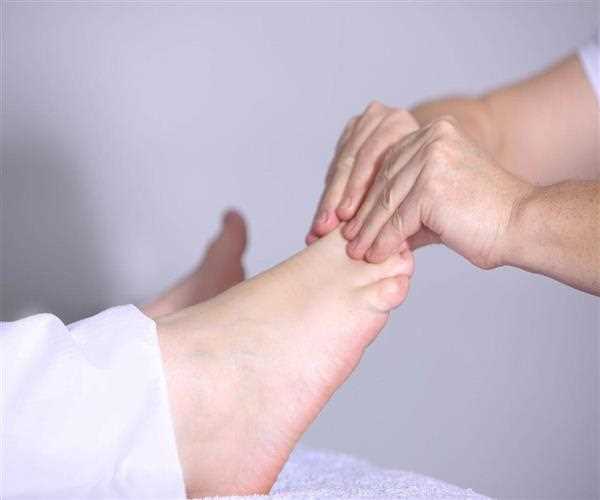Potential causes
A variety of factors might cause body discomfort. Although most are manageable and generally innocuous, physical pains can occasionally be caused by more significant medical issues.
The following are some possible causes of bodily aches:
Fibromyalgia
Symptoms include pain, tiredness, and muscular stiffness.
Fibromyalgia is a long-term disorder characterized by joint pain throughout the body.
Fibromyalgia may be influenced by the way the central nervous system responds to pain signals in the body.
Viruses and infections
Body pains can be caused by the flu, cold symptoms, as well as other viral or bacterial diseases.
When this happens, the immune system will send out white blood cells to help battle the infection.
This can cause inflammation, making the muscular system achy and tight.
Medications
Some medications and therapies, such as statins as well as blood pressure medications, can cause soreness, stiffness, and achy feelings in the body.
Alcohol withdrawal symptoms, as well as withdrawal symptoms from other substances such as cocaine and opioids, can have a similar impact.
Retention of fluid
Swelling and inflammation can occur when the body stores fluid, resulting in typical muscle aches and pains. Sharp, localized aches and cramps may also be experienced.
The following conditions can cause fluid retention:
- thyroid issues, particularly underactive thyroid (hypothyroidism)
- heart failure congestive
- the liver cirrhosis
- malnutrition severe
- Nephrotic syndrome and chronic kidney disease
- insufficient venous return
- lymphatic drainage difficulties
- Although each of these disorders requires unique therapy, certain home treatments can help lessen the effects of water retention.
Hypokalemia
Hypokalemia occurs when a person's blood potassium level is low.
Low potassium can cause bodily pains, weakness, exhaustion, and muscular cramps by interfering with nerve and muscle function.
Stress
Stress can impair the immune system and generate stress in the body. This can cause muscle stiffness and alter the body's reaction to infection or inflammation.
Dehydration
It is critical to be hydrated for a person's body to function properly. Dehydration may make a person feel fatigued and irritable.
Sleep deprivation
Sleep deprivation can cause aches and pains.
Sleep and pain may have a two-way relationship, according to scientists.
People who suffer from chronic pain often have trouble sleeping. At the same moment, research has revealed that insomniacs frequently suffer from chronic discomfort.
Not sleep deprivation can contribute to tiredness over time. The body may feel achy, sluggish, and heavy as a result of this.
Sleep deprivation also has an impact on the body's ability to repair tissues and cells. A person may suffer aches and pains more frequently if the body does not have enough time to mend and recover.
Pneumonia
Pneumonia is a lung illness that can be fatal if left untreated. Pneumonia can make it difficult for the body to acquire adequate oxygen.
Red blood cells as well as tissues in the body cannot operate correctly without enough oxygen, which can result in aches and pains.
Syndrome of chronic tiredness (CFS)
Someone with CFS may have muscle pains in addition to sleeplessness, tiredness, and weakness, comparable to someone who does not get enough sleep.
Arthritis
The inflammation of a person's joints causes arthritis. Arthritis can be caused by normal wear and tear on the body or by an autoimmune disease in which the immune system attacks the healthy tissues lining the joints.
Aching and pain are common symptoms of arthritis.




Leave Comment